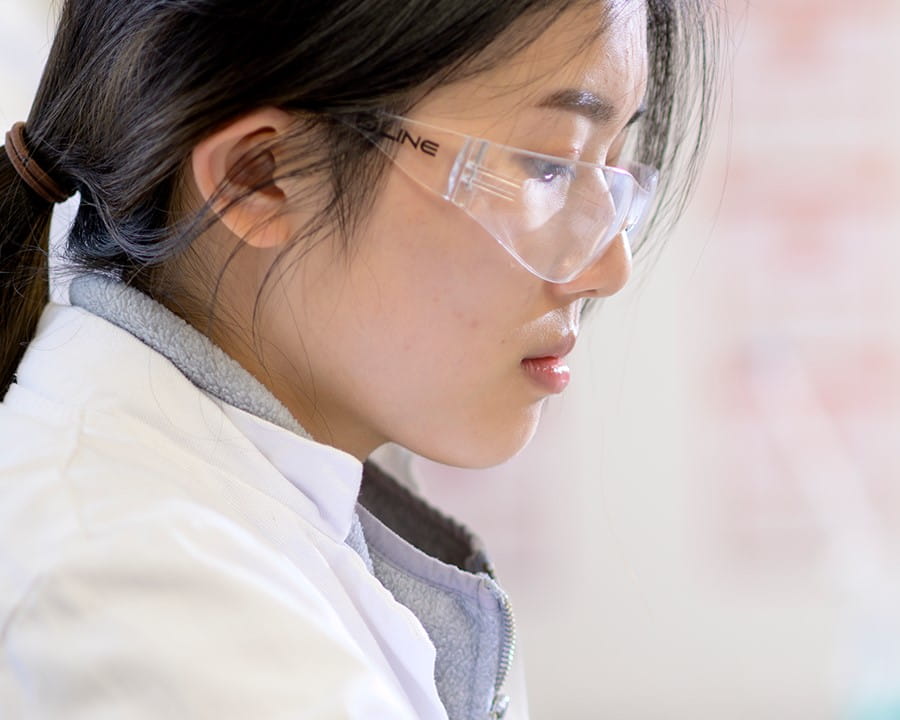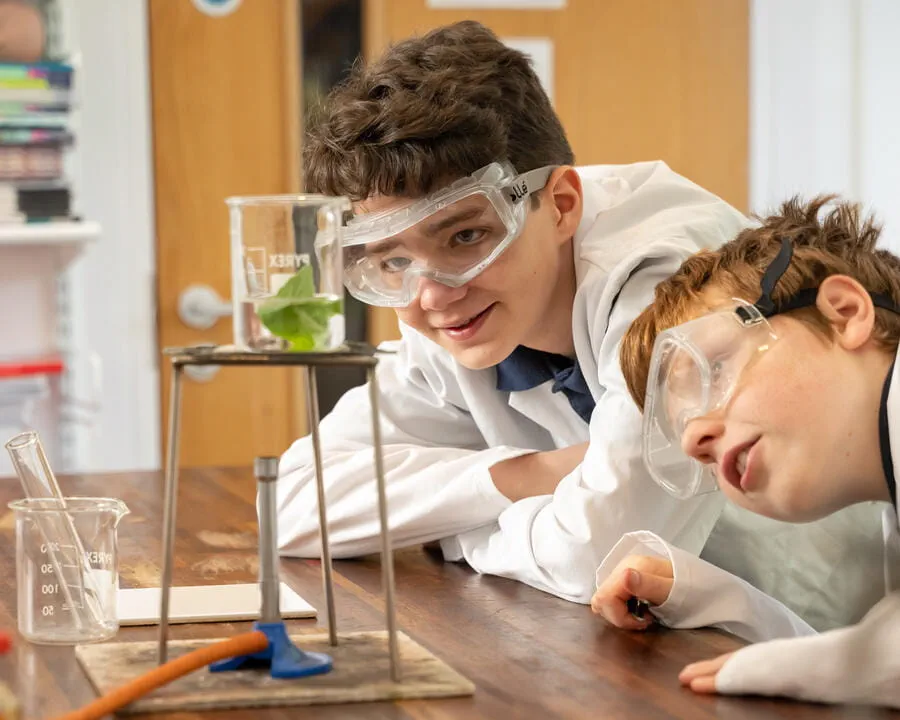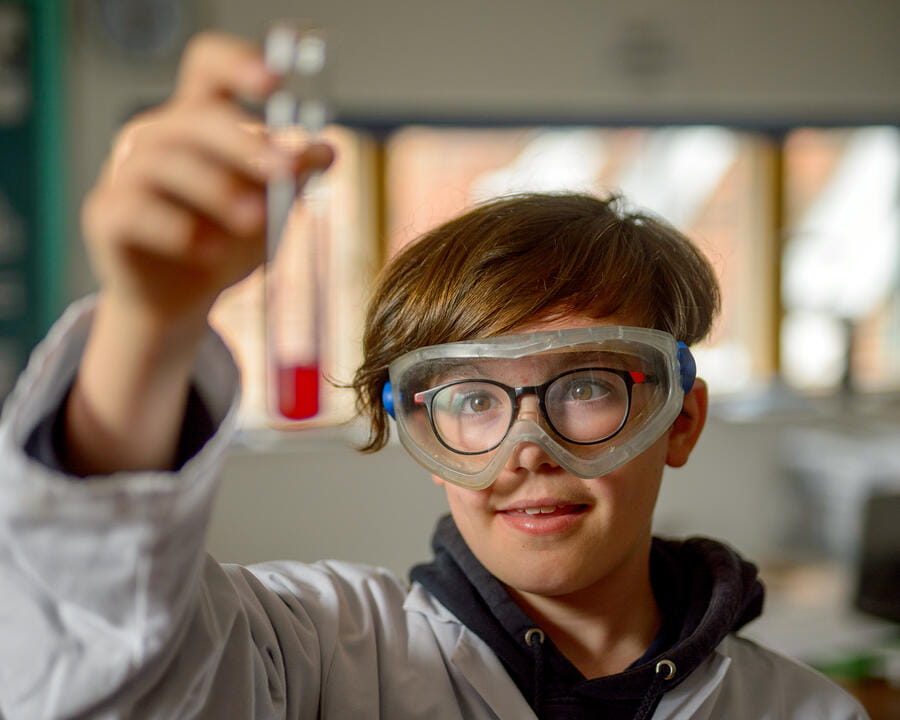We use cookies to improve your online experiences. To learn more and choose your cookies options, please refer to our cookie policy.
James grew up in North London and studied for his MChem in Chemistry at the University of York. He decided he liked York so much that he completed his PGCE and started his teaching career there too. He moved to Oxford in 2019 (he finally had enough of the cold Yorkshire weather) and has worked at d’Overbroeck’s ever since. He believes that schools should strive to teach not only academic skills, but practical skills too. When not in the Chemistry lab or driving students to and from expeditions James enjoys playing guitar and hockey.















